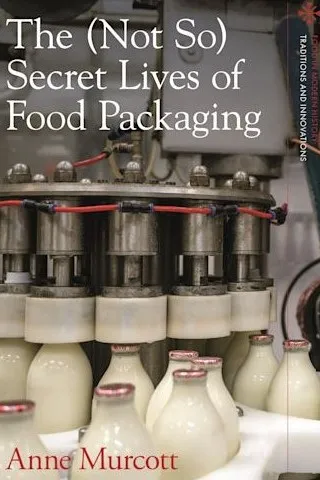Food processing, defined by stakeholders in many different ways, broadly refers to modifications made to raw food ingredients after they have been gathered or harvested and before they are consumed or prepared for consumption in a kitchen. Examples of food processing include the pickling of vegetables, smoking or mincing of meat, pasteurisation of milk, milling of wheat, and the hydrogenation of oils. By this definition, most foods are processed in some way (e.g. to improve their taste, extend their shelf-life, make them edible or increase their nutritional value), but there are growing concerns over the health impacts of industrially processed foods.



